The Institute of Modern Russia (IMR) is a nonprofit, nonpartisan think tank whose mission is to deepen knowledge and understanding of Russian politics and society among Western policymakers, stakeholders, experts, and journalists. IMR aims to educate the general public through original research, detailed analysis, and informed policy discussions.
Founded in 2010, IMR is located in New York City; it is a federal tax-exempt Section 501(c)(3) public charity, incorporated in New Jersey.
- For general inquiries or questions please contact us at:
- info@imrussia.org
- tel./fax +1 212 381-2118
Forward media requests to press@imrussia.org
Staff
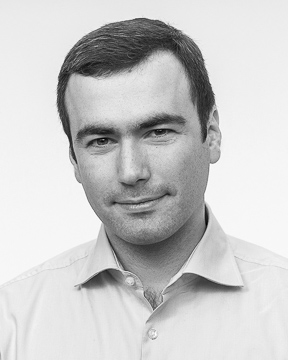
Pavel Khodorkovsky, President #
Pavel Khodorkovsky is the president of the Institute of Modern Russia, an organization he founded to continue the work his father, Mikhail Khodorkovsky, began through the Open Russia Foundation. The Institute of Modern Russia seeks to promote the development of civil society in Russia by reinforcing the rule of law and strengthening relationships between Russia and other countries. Since his father’s arrest in 2003, Khodorkovsky has been unable to return to Russia for fear of political persecution and actions against him aimed at pressuring his father to abandon his legal battle.
Khodorkovsky holds a degree in business administration from Babson College.
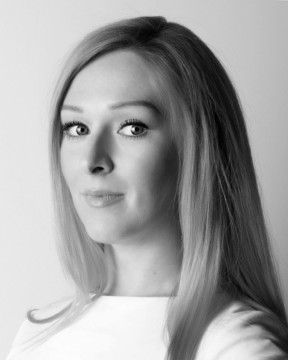
Anastasia Popova, Vice-President #
Anastasia Popova is the Vice President of the Institute of Modern Russia, bringing with her a rich background in non-profit organization management. As a seasoned political activist and former Chief of Staff, she possesses expertise in political communication, politics, policy analysis, and political science, especially as they relate to the CIS states. Her track record showcases her adeptness in managing multi-disciplinary management and development functions within extensive organizational frameworks.
Popova holds a Master's degree in International Relations and Affairs from the Diplomatic Academy of the Russian Ministry for Foreign Affairs.
Contributors
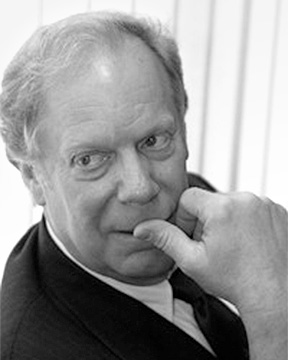
Donald N. Jensen is a resident fellow at the Center for Transatlantic Relations in the Nitze School of International Studies at Johns Hopkins University, where he writes extensively on the politics and foreign policies of Russia and the former Soviet states. He is a regular commentator on post-Soviet affairs for CNBC, Fox Business, and the VOA Russian Service. From 1996 to 2008 he was associate director of broadcasting and director of research at Radio Free Europe/Radio Liberty, where he was instrumental in expanding the station’s broadcasting to Central Asia, Iran, Afghanistan, and the North Caucasus, and broadening its web presence. He served in Moscow and Sofia as a Foreign Service officer from 1985–1996, and was a member of the first ten-man U.S. team to inspect Soviet missile bases under the Intermediate Nuclear Forces Treaty in 1988. Jensen received his B.A. from Columbia University and his master’s and Ph.D. in government from Harvard University. He is fluent in Russian.
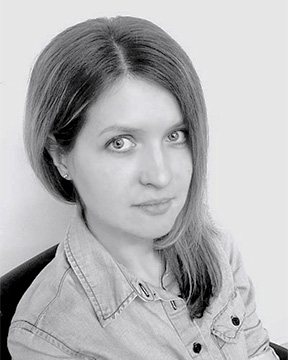
Olga Khvostunova is a journalist, media researcher, and political analyst. She holds a PhD from the Lomonosov Moscow State University’s School of Journalism (her dissertation is titled “The role of experts in the political discourse in the media”). She is a coauthor of Media and Politics (2007), a textbook for graduate students, and a contributor Media in Changing Russia (2010) a collective monograph. She worked as a contributing editor at Kommersant Publishing House in Moscow (2005–2010) and was a Visiting Fulbright Scholar at Columbia University’s Harriman Institute.
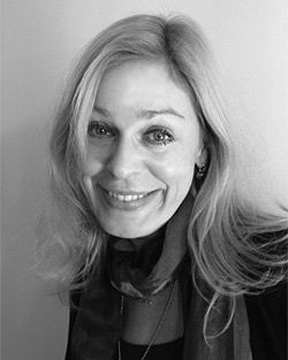
A Russian lawyer, Ekaterina Mishina graduated from Lomonosov Moscow State University’s Law School, from which she also holds a Ph.D. in law. She worked for the Constitutional Court of Russia, then headed Mostelecom’s legal department. From 2002–2005 she took part in the Law-Making and Regional Journalism projects of the Open Russia Foundation, and from 2007–2010, she worked on two large-scale projects for the INDEM (Information Science for Democracy) Foundation. In the capacity of either general manager or legal expert, she participated in several projects for the World Bank, the Ford Foundation, the European Union, and USAID. She was a visiting scholar at New York University from 1990–1991, had internships in the U.S. Congress and the Washington, D.C., law offices of Gardner, Carton & Douglas in 1993, and took part in the U.S. Department of State’s U.S.-Russia Experts Forum in 2006. In 2005–2014 she worked as an assistant professor for the National Research University’s Higher School of Economics in Moscow, where she taught comparative constitutional law and specifics of the reforms in the former Soviet Union. Currently, she is a visiting professor at the University of Michigan.
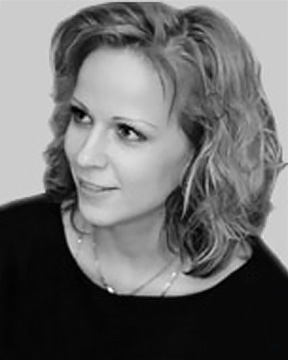
Tatyana Stanovaya is a political analyst with over fifteen years of experience in the field of Russian and foreign politics. She graduated from the International Independent Eco-Politological University with a degree in political science, as well as from Moscow State University with a degree in public administration. She has authored more than 2,000 articles with a focus on political parties, elections, interest groups within the Kremlin, and the “gas wars” in the post-soviet space (published on Politcom.ru, RIA Novosti, and Slon.ru.). Stanovaya currently heads the analytics department of the Center for Political Technologies (CPT) in Moscow. She also represents CPT in France, specializing in reputation management, quality sociological research, and public relations for political agents and business. She also blogs for her own website, stanovaya.com.
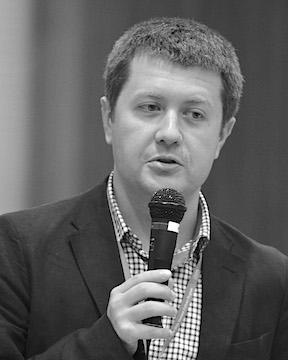
Denis Volkov is a researcher at the Levada-Center, Moscow-based Russian independent polling agency and think-tank that tracks socio-political trends in Russia. His research interest include: origins of political order in Russia, possibilities of democratic change and challenges facing Russian civil society. Among his recent works are the following analyses: “Protest Movement in Russia in the end of 2011-2012,” “Occupy Abay Street Camp in Moscow in May, 2012,” “Prospects of Civil Society in Russia,” as well as “Russian Media Landscape: TV, Press, Internet” (co-author). Volkov is also a regular commentator on these issues in the Russian and foreign media.
Trustees

Pavel Khodorkovsky #
Pavel Khodorkovsky is the president of the Institute of Modern Russia, an organization he founded to continue the work his father, Mikhail Khodorkovsky, began through the Open Russia Foundation. The Institute of Modern Russia seeks to promote the development of civil society in Russia by reinforcing the rule of law and strengthening relationships between Russia and other countries. Since his father’s arrest in 2003, Khodorkovsky has been unable to return to Russia for fear of political persecution and actions against him aimed at pressuring his father to abandon his legal battle.
Khodorkovsky holds a degree in business administration from Babson College. In 2011, he cofounded Enertiv, a cleantech energy monitoring company.
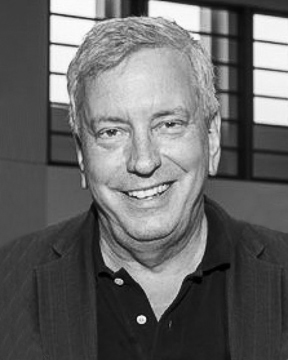
Robert Louis Arsenault, Jr. #
Robert Louis Arsenault, Jr., is president of the International League for Human Rights, a non-governmental organization based in New York. For sixty years, this organization has been raising human-rights issues and cases before the UN and other intergovernmental organizations, helping to amplify their voices and coordinate strategies for effective human-rights protection.
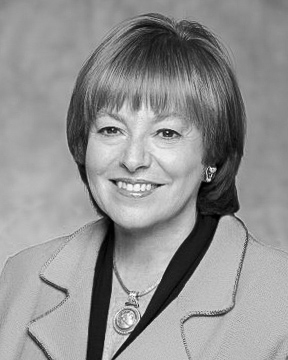
Margery Kraus #
Margery Kraus is founder and executive officer of APCO Worldwide, a global consulting firm headquartered in Washington, that specializes in public affairs, communication, and business consulting for major multinationals.
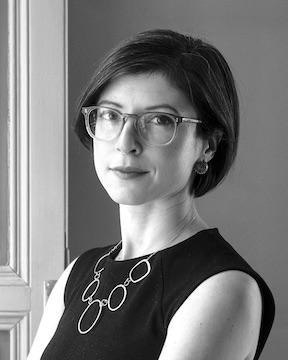
Alina Polyakova #
Dr. Alina Polyakova is the founding director of the Project on Global Democracy and Emerging Technology and fellow at the Brookings Institution, where she leads the Foreign Policy program’s Democracy Working Group. She is also professor of European studies at the Paul H. Nitze School of Advanced International Studies (SAIS) at Johns Hopkins University. Previously, she served as director of research and senior fellow for Europe and Eurasia at the Atlantic Council, professor of sociology at the University of Bern, and Fulbright Fellow. Dr. Polyakova holds a master’s and doctorate from the University of California, Berkeley, and a bachelor’s in economics and sociology with highest honors from Emory University. Her work examines Russian political warfare, European populism, digital authoritarianism, and the implications of emerging technologies to democracies. She is author of the 2015 book, The Dark Side of European Integration, and a frequent contributor to The Washington Post, The New York Times, and The Wall Street Journal, among other media outlets.

